Nadeem-Shravan
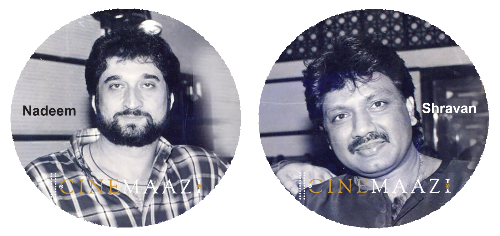
Subscribe to read full article
This section is for paid subscribers only. Our subscription is only $37/- for one full year.
You get unlimited access to all paid section and features on the website with this subscription.
Not ready for a full subscription?
You can access this article for $2 , and have it saved to your account for one year.
- Real Name: Nadeem Akhtar Saifi, Shravan Kumar Rathod
- Born: 6 August, 1954 (Nadeem); 13 November, 1954 (Shravan)
- Died: 22 April, 2021 (Shravan) (Bombay)
- Primary Cinema: Hindi
- Parents: Pandit Chaturbhuj Rathod (Shravan)
- Spouse: Sultana (Nadeem),
- Children: Samar Nadeem, Saima (Nadeem); Sanjeev, Darshan (Shravan)
Symbols of the new music boom that marked the 1990s, music director duo Nadeem-Shravan were the rage that swept Hindi film music, with an entire industry moving to their beat as the nostalgia and melancholy of the past made way for the lilting beats of the new generation music. Considered the most successful composer Hindi film music directors of the 1990s until the early 2000s, their music was influenced by Hindustani music both classical and semi-classical, incorporating traditional Indian instruments such as the bansuri, the sitar and the shehnai in a contemporary manner. From exploding onto the scene with the music of Aashiqui (1990), which sold 20 million units in India becoming the top best-selling album, they went on to compose hit music for films like Saajan (1991), Phool Aur Kaante (1991), Sadak (1991), Deewana (1992), Hum Hain Rahi Pyar Ke (1993), Dilwale (1994), Barsaat (1995), Agni Sakshi (1996), Raja Hindustani (1996), Pardes (1997), Kasoor (2001), Hum Ho Gaye Aapke (2001), Raaz (2002), Dil Hai Tumhaara (2002), Dil Ka Rishta (2003), Tumsa Nahi Dekha (2004), and Bewafaa (2005), among others. They won several awards for their work over the decades, such as the Filmfare Best Music Director Awards for Aashiqui, Deewana (1992), Saajan, and Raja Hindustani (1996) respectively, the Special Award London (UK) for Raja, the Star Screen Best Music Director Award for Raja Hindustani and Pardes (1997) respectively, and the Zee Cine Best Music Director for Raaz (2002). Their stamp is evident in a range of hit songs such as Aisi deewangee, Dil ne yeh kaha hai dil se, Tum dil ki dhadkan mein, Saajan saajan saajan, Kash koi ladka, Chehra kya dekhte ho, Adayein bhi hain, Sochenge tumhe pyar, and Tujhe na dekhu toh chain.
Both 1954-born, Nadeem hailed from an affluent Mumbai-based business family, with his grandfather having been conferred the title of Khan Bahadur Saheb by the British government. He had a fondness for music and was interested in playing musical instruments from childhood. Shravan hailed from a musically inclined family, with his father Pandit Chaturbhuj Rathod known as the Samrat of Dhrupad Dhamar of India. He was initiated into music from a young age by his father.
The duo is said to have first met in 1973 at a function, post which they snagged their first assignment, the Bhojpuri film Dangal which released four years later in 1977. The first song they composed for the film – Kashi hile, Patna hile, was rendered by the legendary Manna Dey. Nadeem-Shravan made their Hindi film debut composing the music of Maine Jeena Seekh Liya (1981). Their next assignment was Star Ten (1985), wherein 10 stars including Mithun, Jackie Shroff, Anil Kapoor, Sachin, Danny, Vijendra, and Sulakshana Pandit rendered songs written by Anwar Saagar. Work was difficult to come by and they next appeared on the scene only in 1989, composing music for Ilaaka, Hisaab Khoon Ka and Lashkar all of which flopped at the box office.
It was Mahesh Bhatt’s Aashiqui which released the following year, that turned the tide. Featuring on lists of greatest Bollywood soundtracks, it became the best-selling Hindi film music soundtrack album of all time. There was no looking back thereafter, and the duo went from strength to strength with films as Deewana, Saajan, Dil Hai Ki Manta Nahin (1991), Phool Aur Kaante (1991), Sadak (1991), Sainik (1993), Dilwale (1994), Raja(1995), Raja Hindustani (1996), Pardes, and Dhadkan. They soon went on to replace Laxmikant-Pyarelal and Anand-Milind who had formerly held sway over the Hindi film music scene.
Unconfined to any one particular style, Nadeem-Shravan’s music afforded a vast range, seen in fast-paced songs, sentimental love songs, or peppy dance numbers. The root remained melody. Interestingly, as they were inspired by classical and ghazal music, many of their songs belong to the film ghazal genre. While they employed instruments such as the sitar, bansuri and shehnai in their music, they also used the congo, bongos, and electronic drum to great effect. While they worked with lyricists such as Sameer, Anand Bakshi, Faaiz Anwar, Hasrat Jaipuri, Rani Malik and others, among singers it was Kumar Sanu, Udit Narayan and Alka Yagnik who they worked with most frequently. Interestingly, veteran playback singer Mohammed Rafi had sang for them in their first film Dangal, and the ever-popular Kishore Kumar had crooned for them in the film Ilaaka. Renowned singers Lata Mangeshkar and Asha Bhosle also sang in few albums for Nadeem-Shravan.
Controversy struck when Nadeem was accused in the murder of T-Series owner Gulshan Kumar in 1997. He fled to the United Kingdom and was later exonerated by the courts. Acquiring British citizenship, he later moved to Dubai, where he runs a perfumery business.
After a long period of lull, Nadeem-Shravan returned to score music with films such as Ek Rishta (2001), Raaz (2002), Qayamat (2003), Hungama (2003), Andaaz (2003), Bewafaa (2005), Tumsa Nahin Dekha: A Love Story (2004), Barsaat (2005). They went their separate ways after Dosti: Friends Forever (2005), working individually to no great effect.
Shravan passed away on 22 April, 2021. His sons Sanjeev and Darshan also turned music directors.




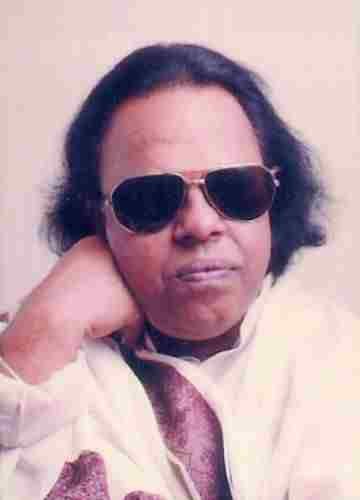
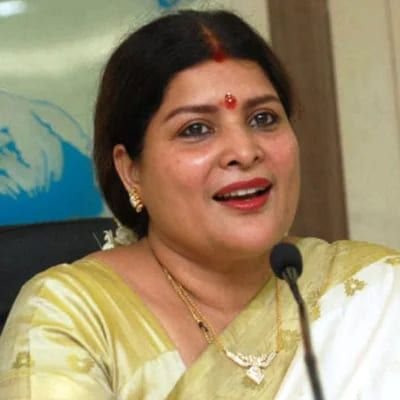
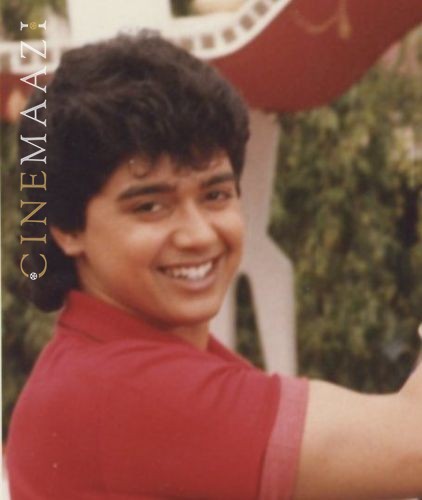
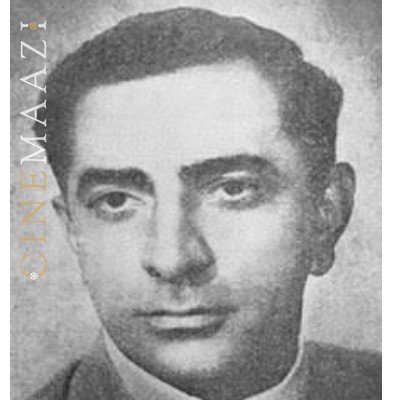
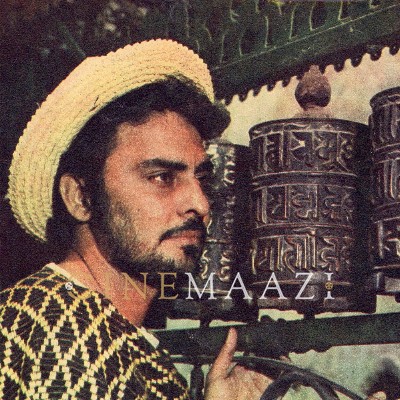

.jpg)



